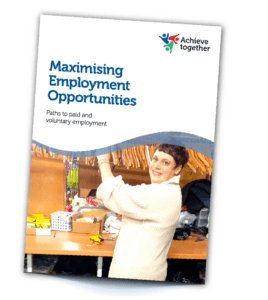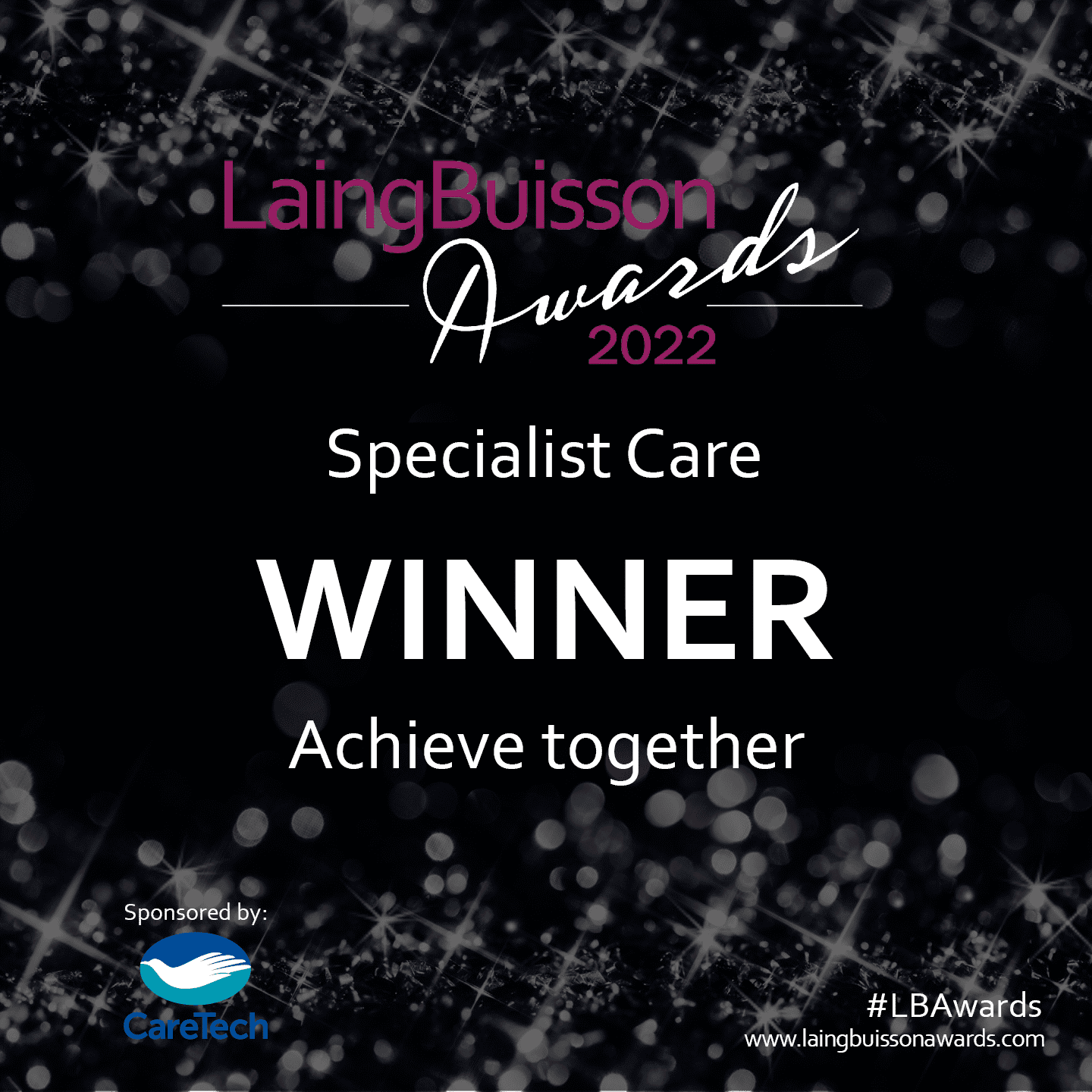Take a look at our Maximising Employment Opportunities guide. It aims to show people we support, their families and support workers what’s possible.
In the UK today less than 5% of adults with learning disabilities are employed*. A recent study by Cambridge historian Professor Lucy Delap has revealed that this is five to 10 times lower than 100 years ago**.
Professor Delap found that in some parts of Britain, up to 70% of people with learning disabilities had paid jobs when demand for labour was high, including during and after the First World War. This proportion fell during recessions, but even then, 30% remained in work*. There are currently around 1 million job vacancies in the UK.
What does the guide cover?
Within the Maximising Employment Opportunities guide, there are inspiring case studies of paid and voluntary jobs that people we support are involved in. This includes working as part of our Co-production Unity group who work internally with us to help us continually improve our support and strategies. The guide also sets out the benefits of working and how to support someone into employment. There are sections on Access to Work and reasonable adjustments, as well as signposting to our Co-production and Employment Team and external organisations.
View the guide in page-turn format
Director of Wellbeing, Strategy & Collaboration, Michael Fullerton, said: “We all need to feel and be valued in our communities. We all also need to be meaningfully occupied. Work, paid or unpaid, provides us with many personal outcomes including a sense of worth, positive impacts on our physical, mental and social wellbeing. People who are autistic, and people with learning disabilities have so much to offer within their local communities, so we must do all we can to support more and more people into employment so everyone can gain from that, particularly those people.”
Professor Delap commented: “Work remains a place where we find meaning in our lives and where we make social connections and that’s why so many people with disabilities really want to work and why it deprives them of so much when they are excluded.
“We need to have more bold ambition and stop being content with really marginal forms of inclusion.”
**Give more people with learning disabilities the chance to work, historian argues (phys.org)


